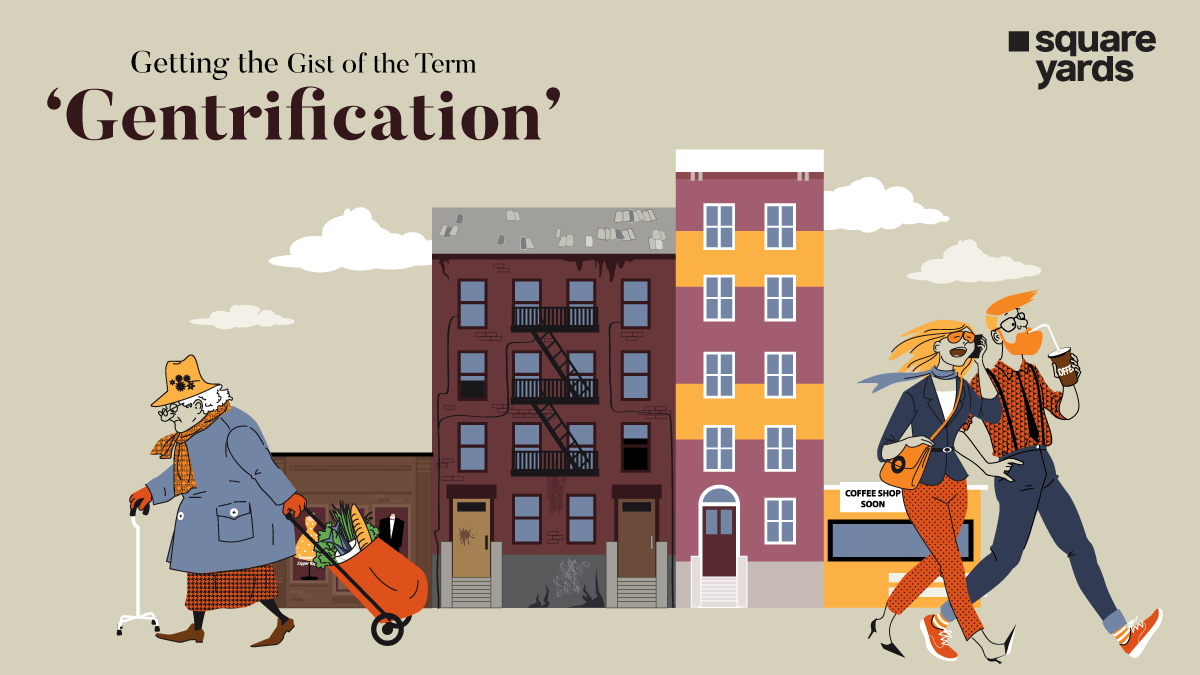A real estate trust agreement is a legal arrangement where one person transfers property or assets to another to manage for the benefit of others. The terms of trust may seem straightforward in Canada, but they have important tax and control consequences. It is crucial to consult a lawyer and accountant to understand how a trust applies to your situation. A trust can serve many personal and business purposes. Therefore, if you are considering a trust agreement for property, it is important to understand what a trust is and how it works.
Understanding Terms of Trust
In Canada, real estate contracts usually include a section about a deposit from the buyer. This deposit shows that the buyer is serious about buying the property in Canada. The money is not given directly to the seller. Instead, it goes to a trustee, often the seller’s brokerage. The trustee holds the deposit under specific rules called “terms of trust.”
The Real Estate Act mandates a written agreement for this. This agreement outlines how the trustee will manage the money—receiving, holding, and releasing it—according to the specified terms. The buyer and seller must agree on the terms before depositing any money. As a result, the buyer can’t make independent decisions about the money, ensuring the process is clear and fair for everyone.
What are the Terms of Trust in Real Estate?

In some parts of Canada, such as Alberta, the terms of trust are important rules. They guide how a deposit is held and used in a property deal. It allows one or more people or companies to maintain a property for someone else, called the beneficiary. The trustee(s) have legal ownership of the property. However, the beneficiary keeps the actual benefits of the property. The agreement outlines what the trustee can and cannot do with the property. It includes selling, leasing, or managing it.
If the property earns income, the agreement also explains how the trustee should share that income with the beneficiary. A trustee must always act in the best interest of the beneficiary. The real estate trust agreement usually has strict rules to prevent conflicts of interest. For example, the trustee might need the beneficiary’s permission before making decisions. In some cases, a trustee can also be a partial property owner.
Why Do We Need Terms of Trust?
In Canadian real estate, the terms of trust are essential because they provide specific rules and guidelines for managing a trust. When you place a property in trust, the terms define the trustee’s powers, duties, and responsibilities. It ensures that the trustee acts in the best interest of the beneficiaries. Moreover, the terms of trust help avoid ambiguity in the trust’s operation. Here are some of the important factors about the need for terms of trust:
Lower Income Taxes

Placing assets in a trust can help reduce income taxes. When assets are in a trust, they are no longer part of the settlor’s estate. Consequently, the beneficiaries tax the income these assets generate. It means each beneficiary reports the income on their tax returns, potentially lowering the overall tax burden.
Reduce Taxes at Death
Business owners may use a trust to lower taxes payable upon their death. An “estate freeze” strategy locks in the current value of business assets and the associated tax liability. Furthermore, the future growth in value and resulting taxes can be shifted to others or placed in a trust. By using a trust in an estate freeze, any increase in the value of the business assets occurs within the trust. Thus, this postpones capital gains tax, so the owner does not pay tax at death. However, taxes will still be due when the assets are sold or transferred out of the trust according to the terms of trust.
Avoid Probate Fees
In most provinces, estates must pay probate fees (estate administration tax) on the value of their property. However, assets placed in a trust during a person’s lifetime aren’t part of their estate at death. This helps avoid probate fees based on asset value and location.
Protect Assets from Creditors
A trust can protect assets from creditors, except when financial issues began before the trust was created. In Canada, certain trusts may also protect assets from beneficiaries’ creditors. However, there are exceptions where assets could still be claimed.
Provide for a Child
Trusts can be set up to provide for children without giving them full control over the money. For example, a trust can support grandchildren or a child with a disability, poor financial habits, or substance issues. The trust can specify rules on how and when the money is given to the child.
Handling Disputes
Handling disputes related to the terms of trust in Canadian real estate can be complex, involving several legal considerations and potential conflicts. Disputes often arise when the terms of trust are unclear or when a party feels the trustee has acted improperly. Common disputes can include –
-
- Issues over payment arrangements
- Validity of the will terms
- Mismanagement of trust assets
- Disagreements over asset distribution
Here are some key points to consider when handling disputes:
Clear Terms of Trust
It is essential to have clear and detailed terms of trust to avoid disputes. These terms should specify the following –
-
- Payment arrangements
- Administration charges
- Use of third-party payment methods
- How trust funds will be handled
Any changes to the terms must be documented and agreed upon by all parties involved. If disputes occur, the most recent terms of trust will be considered to resolve the issue.
Executor and Beneficiary Disputes
Disputes may arise if beneficiaries believe the executor is mishandling the property or acting dishonestly. Such disputes could involve issues like the improper valuation of assets, delayed distribution, or even theft from the estate. Therefore, proper documentation and adherence to the terms of trust agreement, such as outlined in the trust, can prevent these disputes.
Alternative Dispute Resolution (ADR)
Mediation and other forms of ADR can effectively resolve trust disputes, including those related to a real estate trust agreement. Mediation involves a neutral third party who helps both sides reach a mutually agreeable solution. This approach can be less time-consuming and costly than going to court, which is often recommended for resolving conflicts amicably and efficiently.
Legal Protections and Guidance
It is important to consult with specialised real estate lawyers who understand provincial laws. They can guide parties through the dispute process, interpret the terms of trust, and advise on protecting their rights. Lawyers can also help challenge a trust agreement for property if fraud or undue influence is suspected. Additionally, they offer insights into legal actions related to a real estate trust agreement.
Understanding Limitations and Costs
Estate and trust disputes can be expensive, both financially and emotionally. In Canada, specific limitation periods for filing claims vary by province and type of claim. Understanding the terms of trust and timelines for a real estate trust agreement is vital to ensure all deadlines are met. Resolving conflicts through negotiation or mediation is preferable to avoid the high litigation costs.
Conclusion
The terms of trust in a real estate trust agreement in Canada are crucial for managing assets effectively and avoiding disputes. They help reduce taxes, protect assets from creditors, and provide for beneficiaries. Clear documentation, legal guidance, and resolving conflicts through mediation can protect your interests.
You May Also Read
|
Guide To VOW in Rreal Estate |
|
|
Know The Data Distribution Facility |
|
|
Canadian House Closing Day |
|
|
All About Real Estate Council of Ontario |
Frequently Asked Questions
In Canadian estate law, “legal owners” in a trust are individuals or entities with a legal title to the property held within the trust. This is distinct from beneficial owners, who benefit from the trust property.
Beneficial owners are individuals or entities who ultimately own, control, or benefit from property held in trust. The legal title, however, is held by another party, known as the trustee.
Separating legal and beneficial ownership in a trust allows for efficient asset management and protection. The legal owner (trustee) holds title and manages the assets, while the beneficial owner (beneficiary) enjoys the benefits, ensuring structured control and estate planning.
A trust condition in real estate requires a lawyer or party to hold documents or funds until specific terms are met. It ensures compliance with the agreed terms, protects all parties, and is legally enforceable. Who are “legal owners”?
Who are beneficial owners?
Why separate legal and beneficial owners?
What is a trust condition in real estate?


































